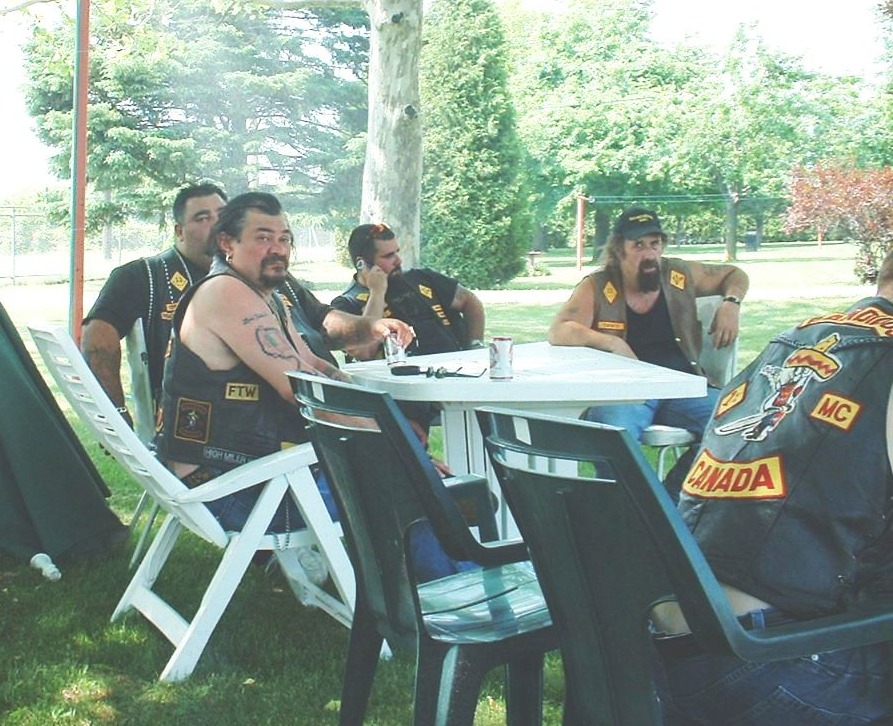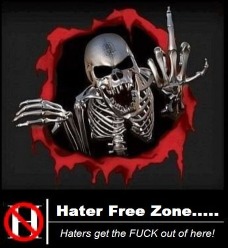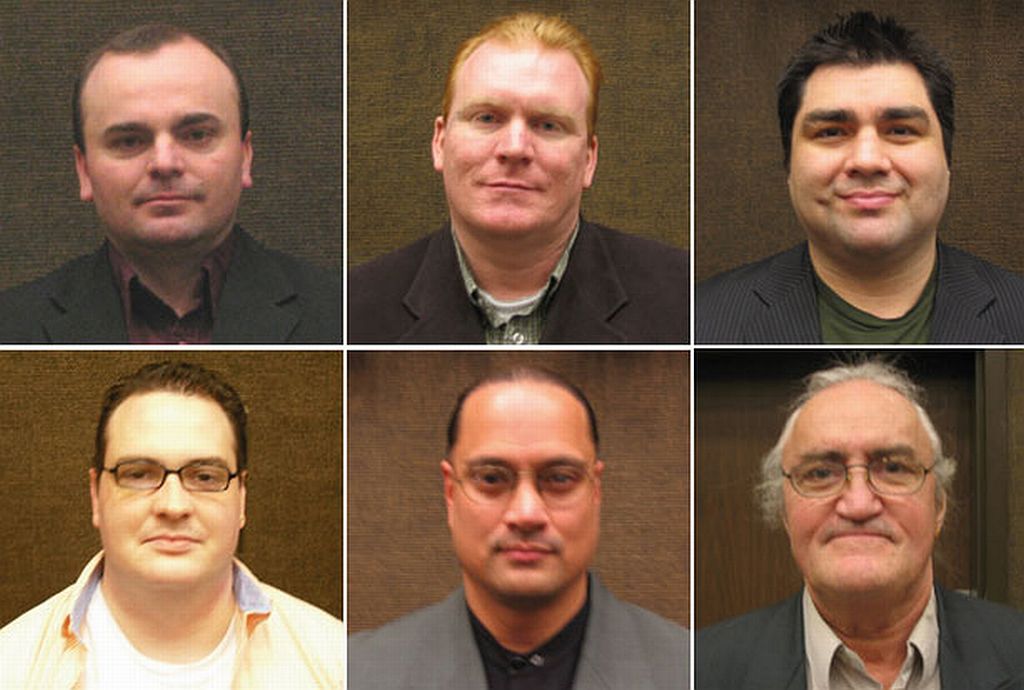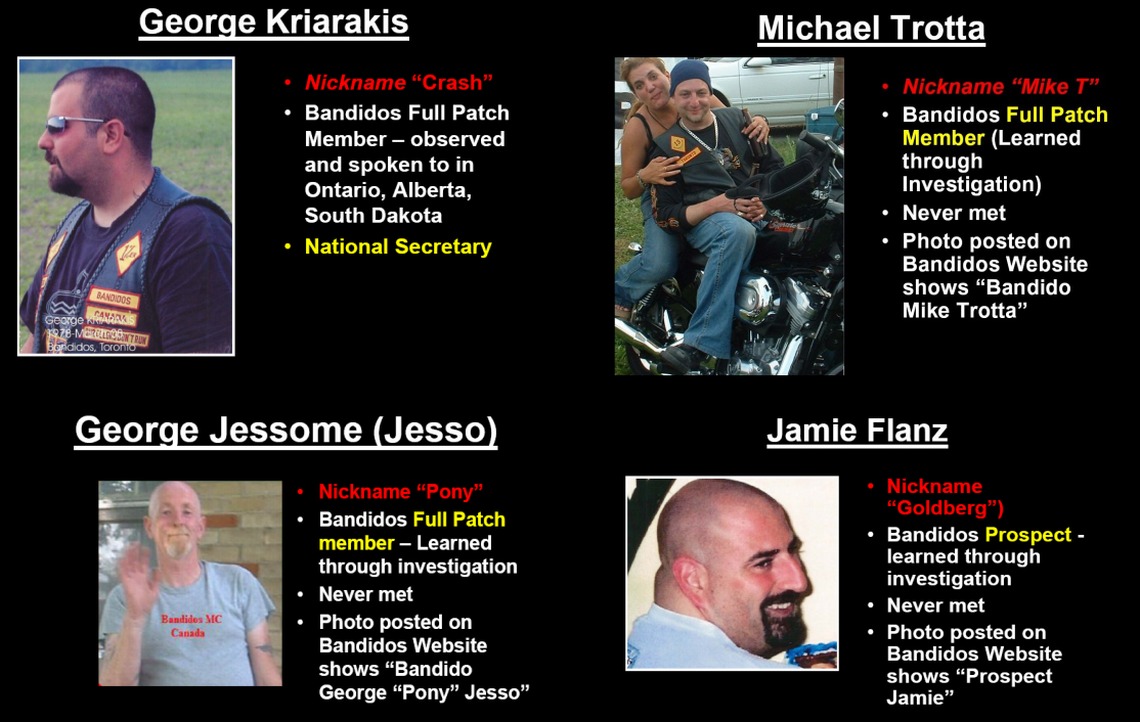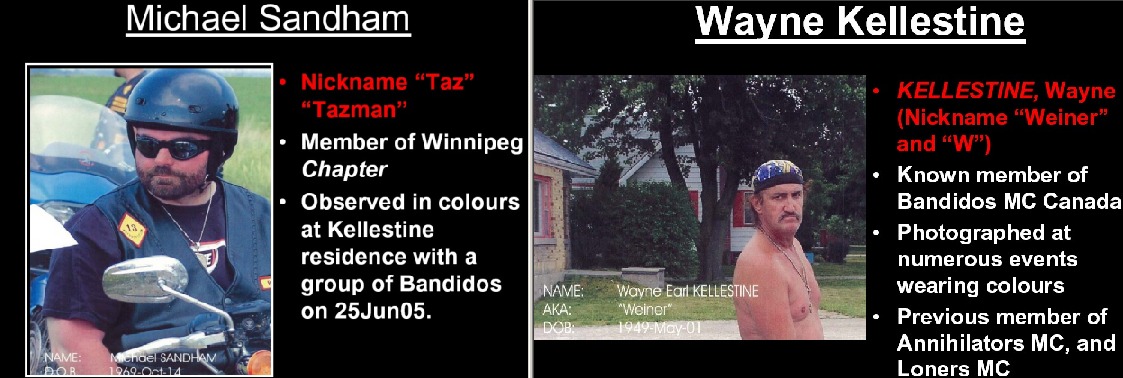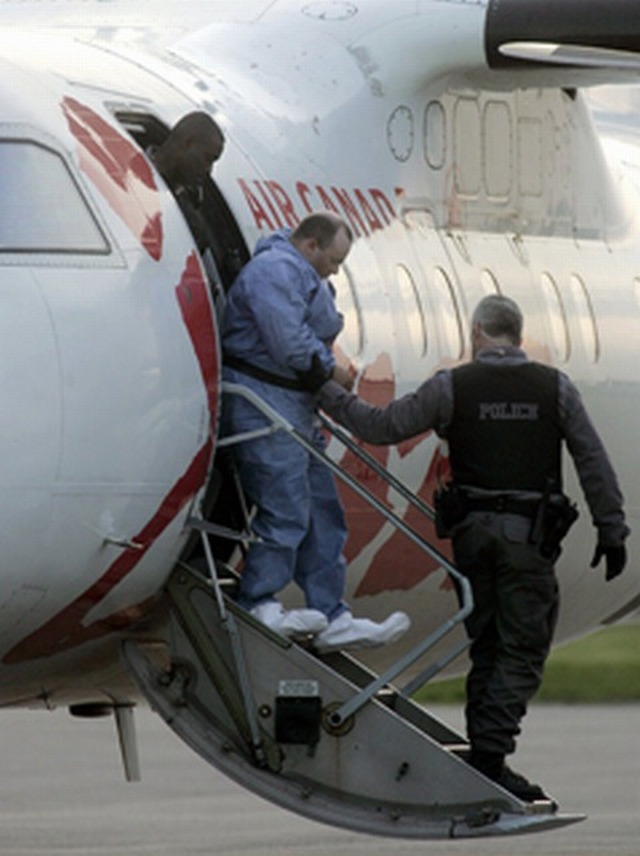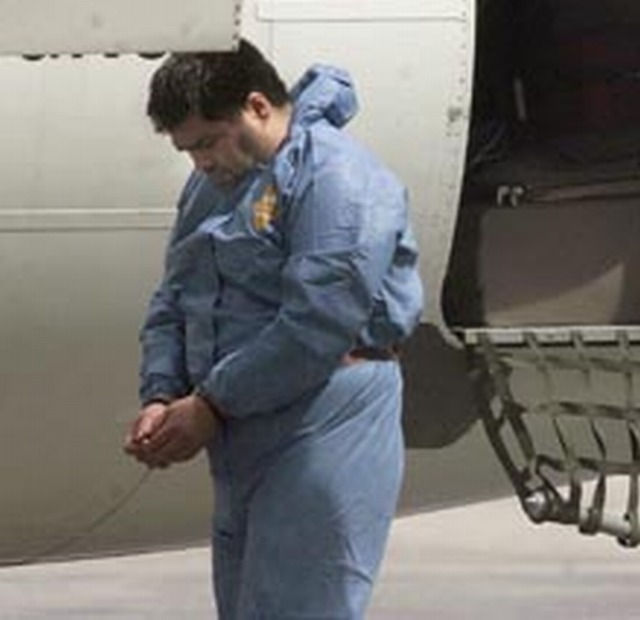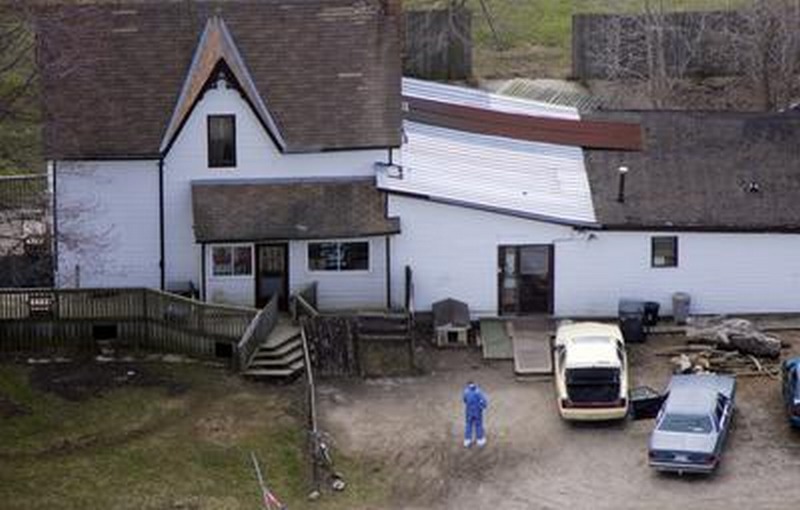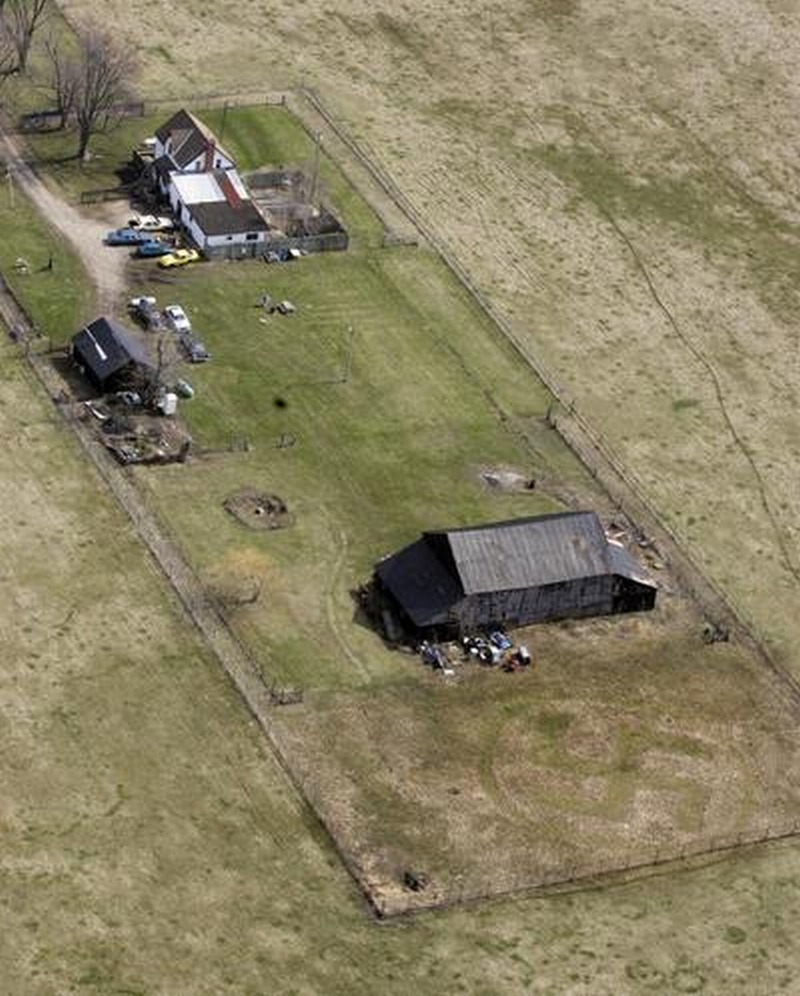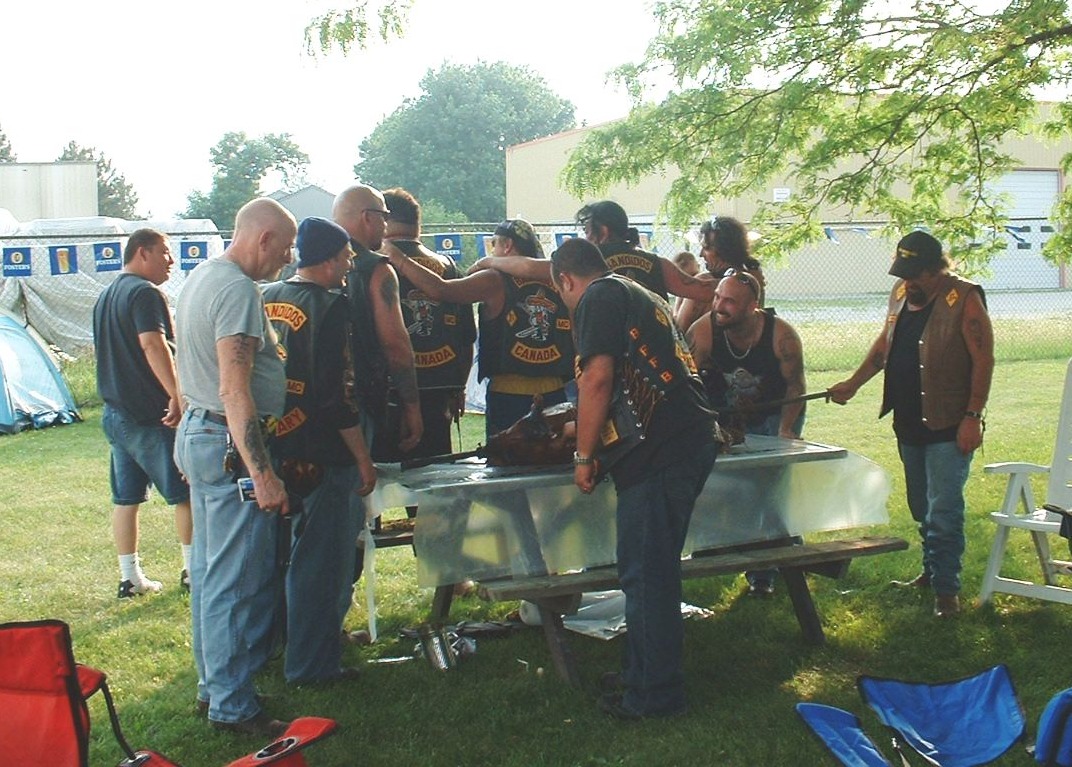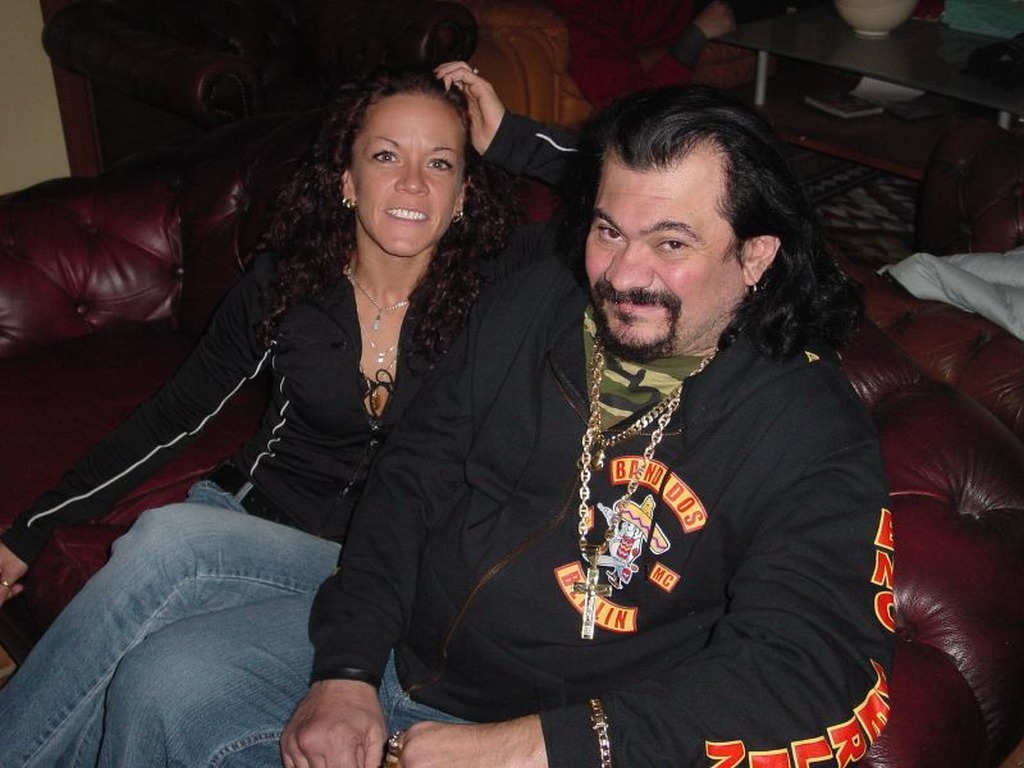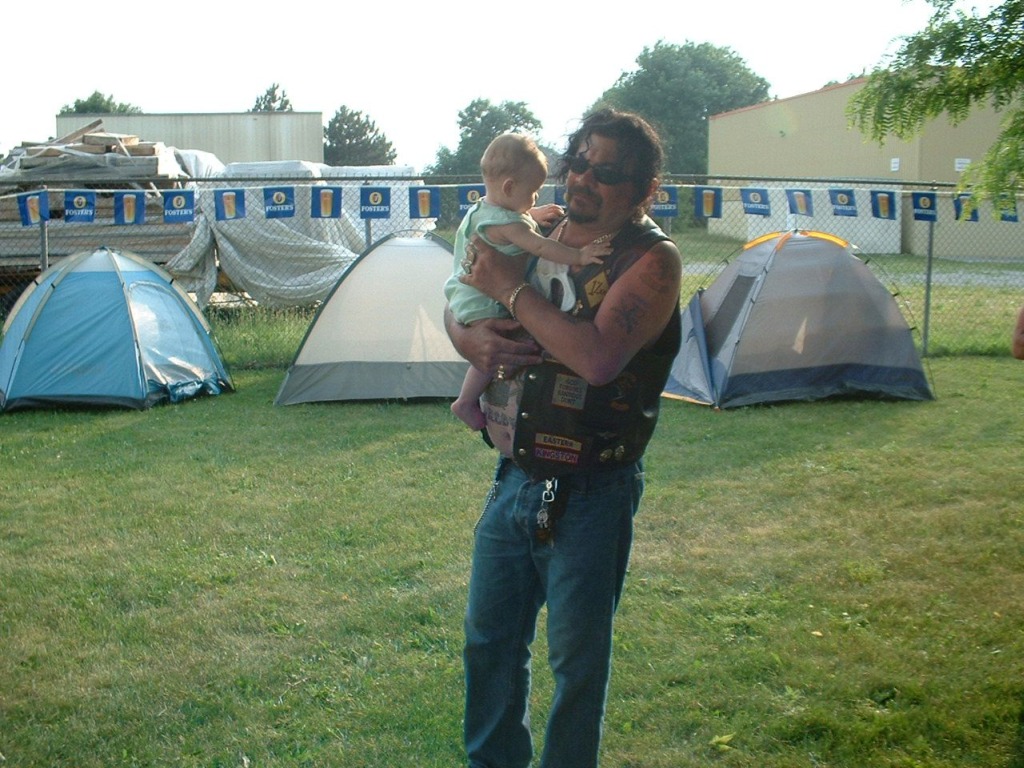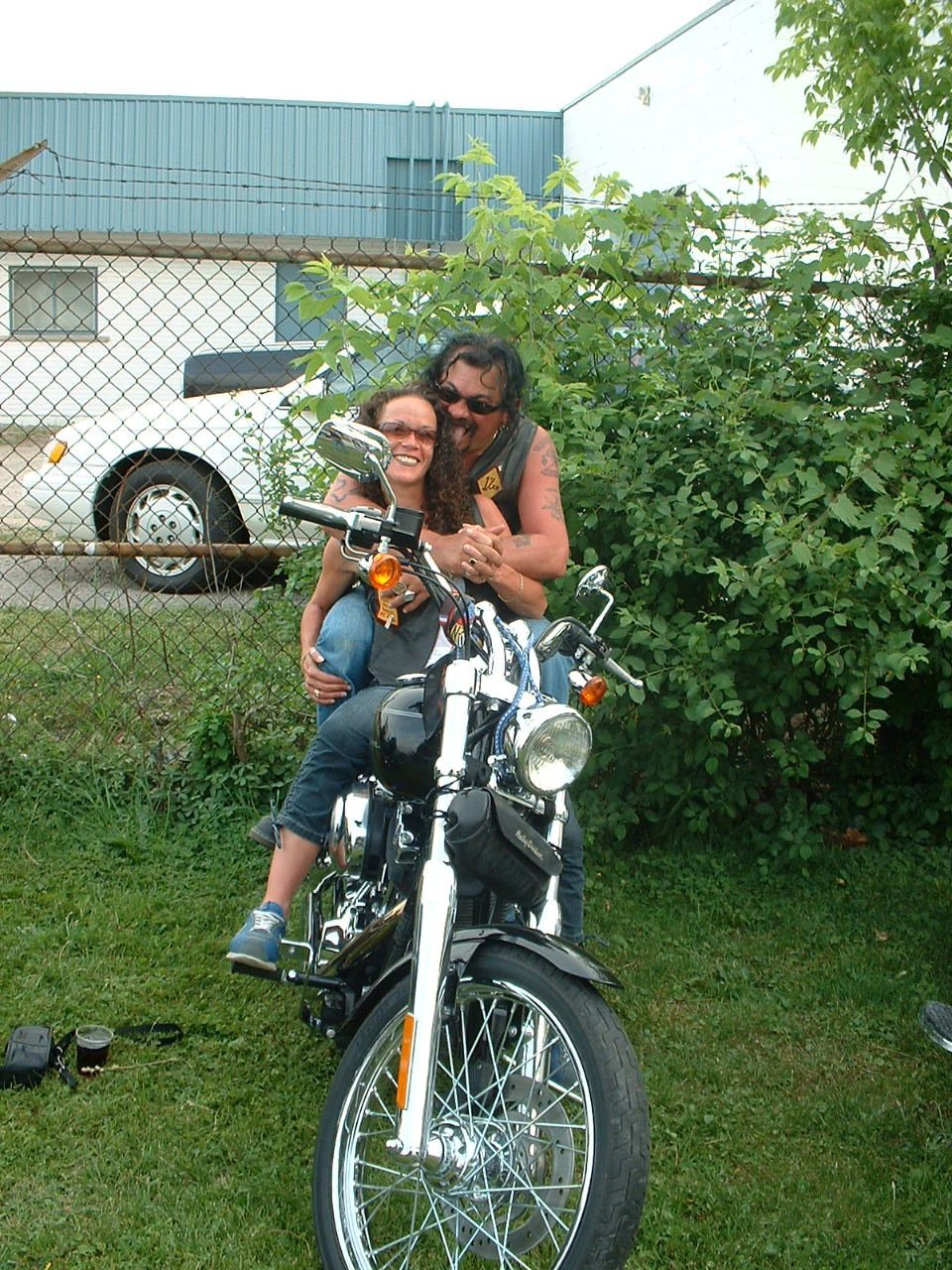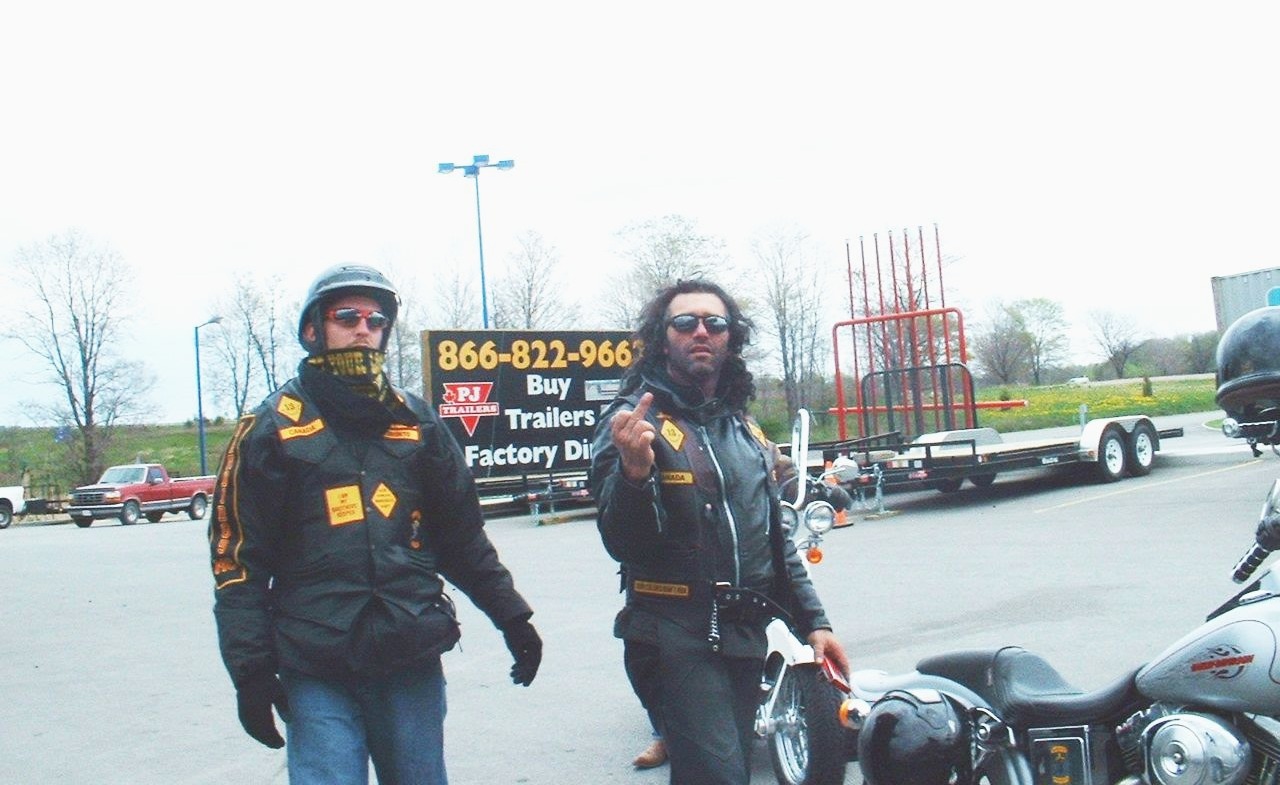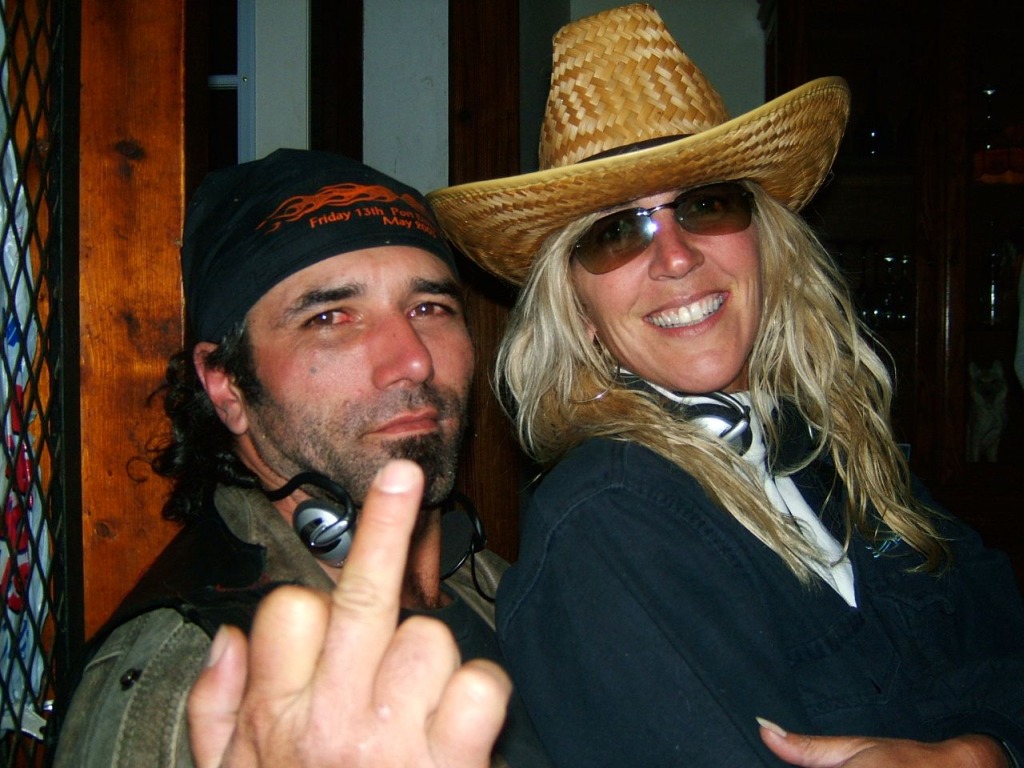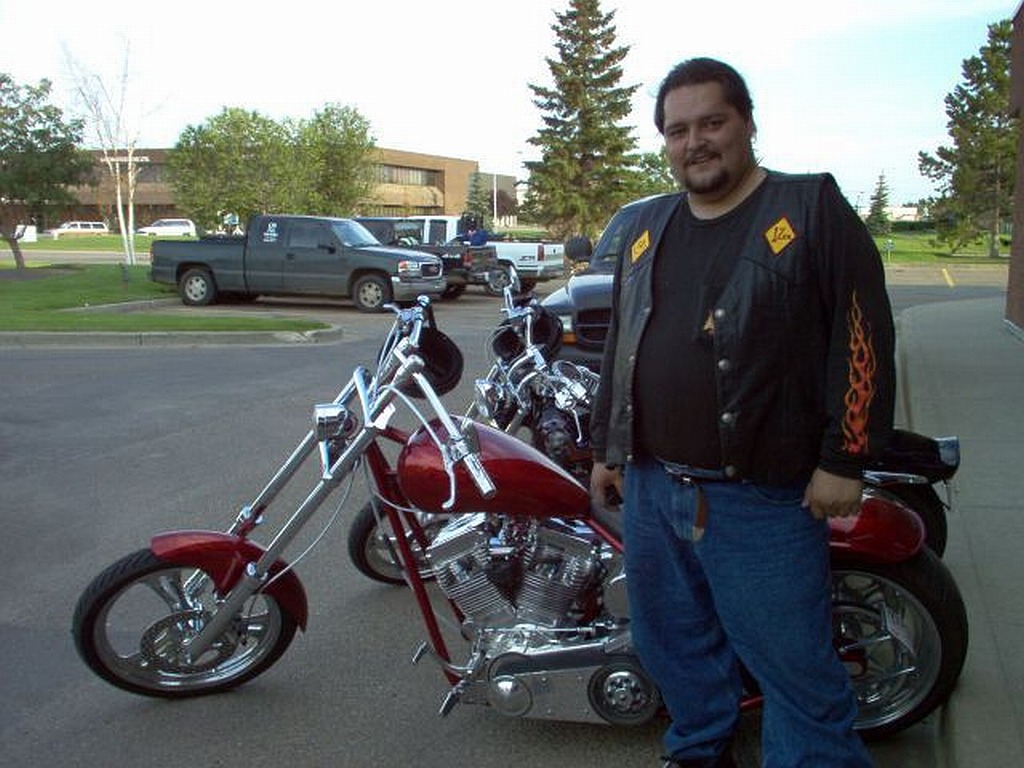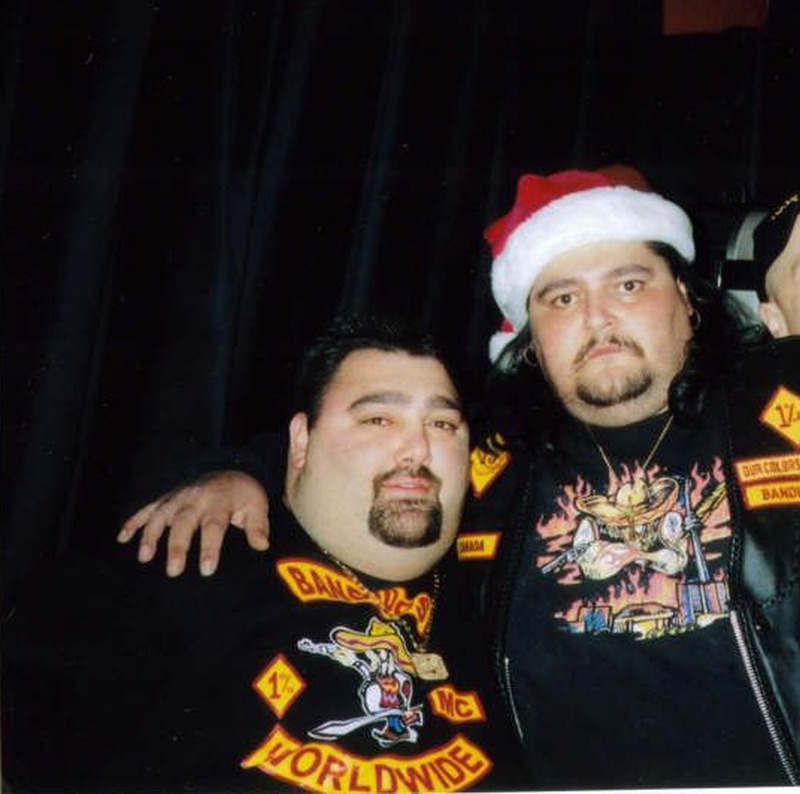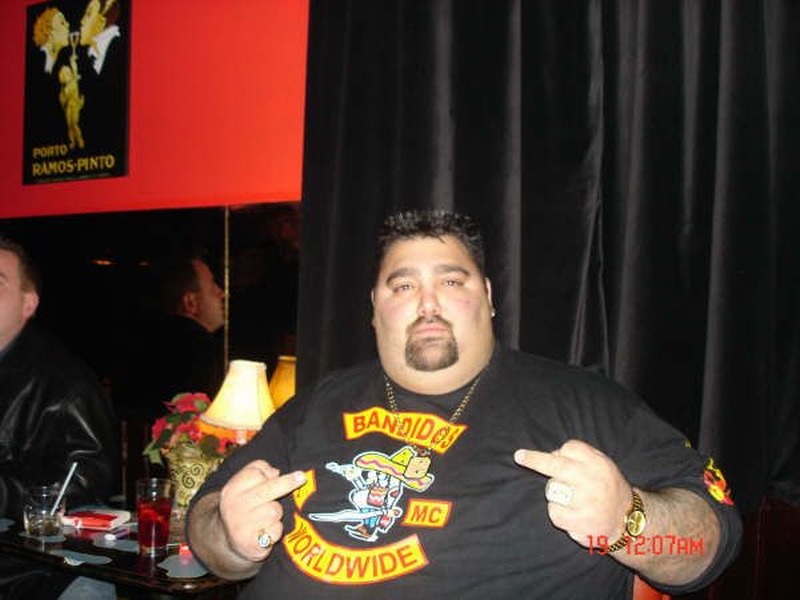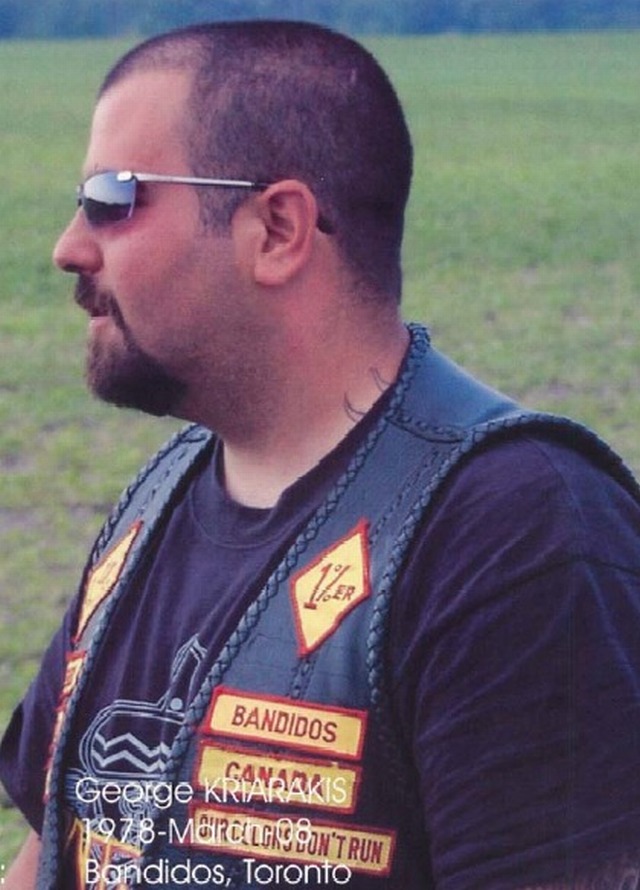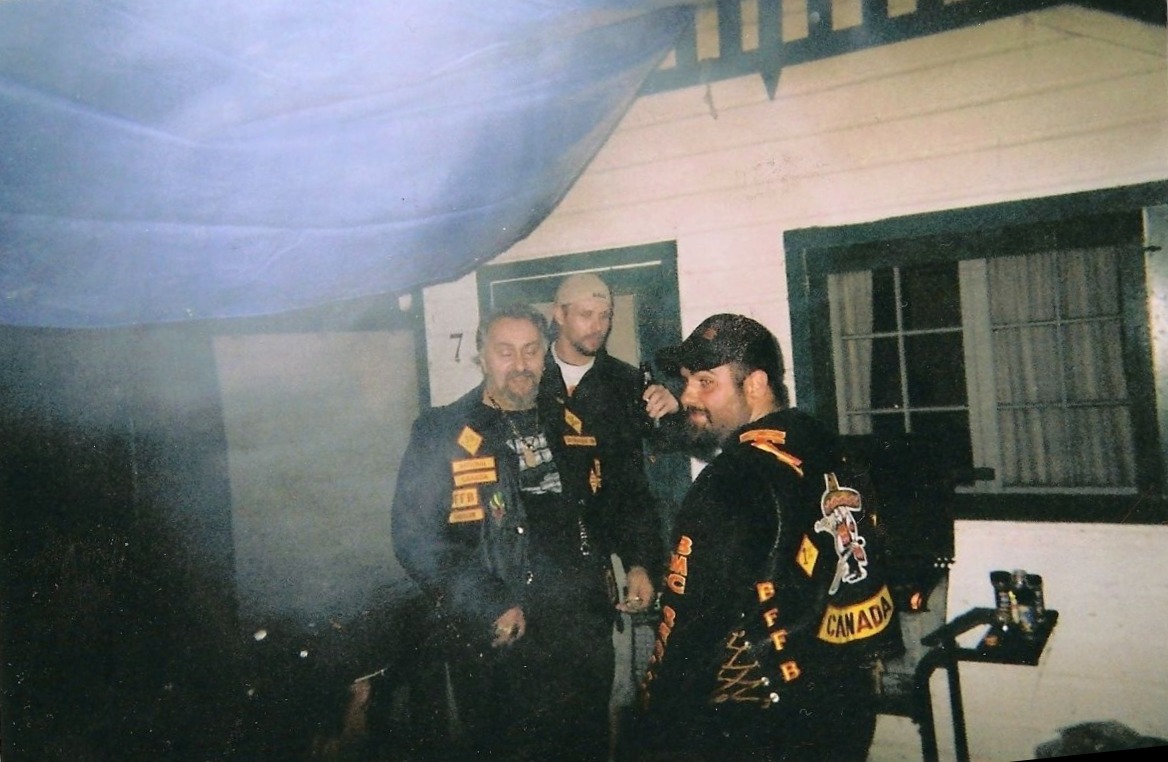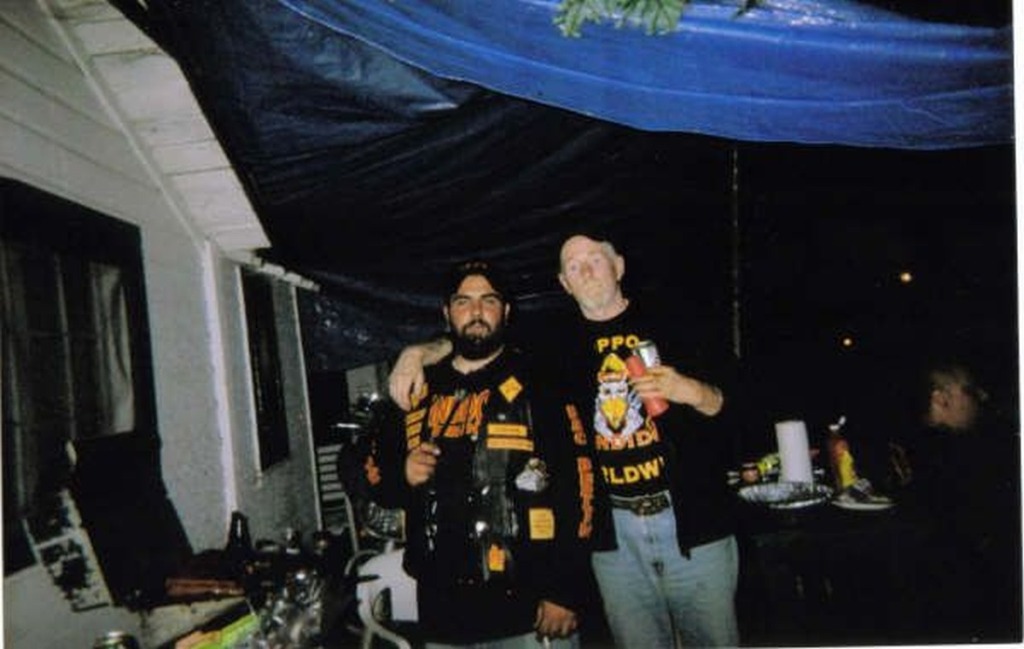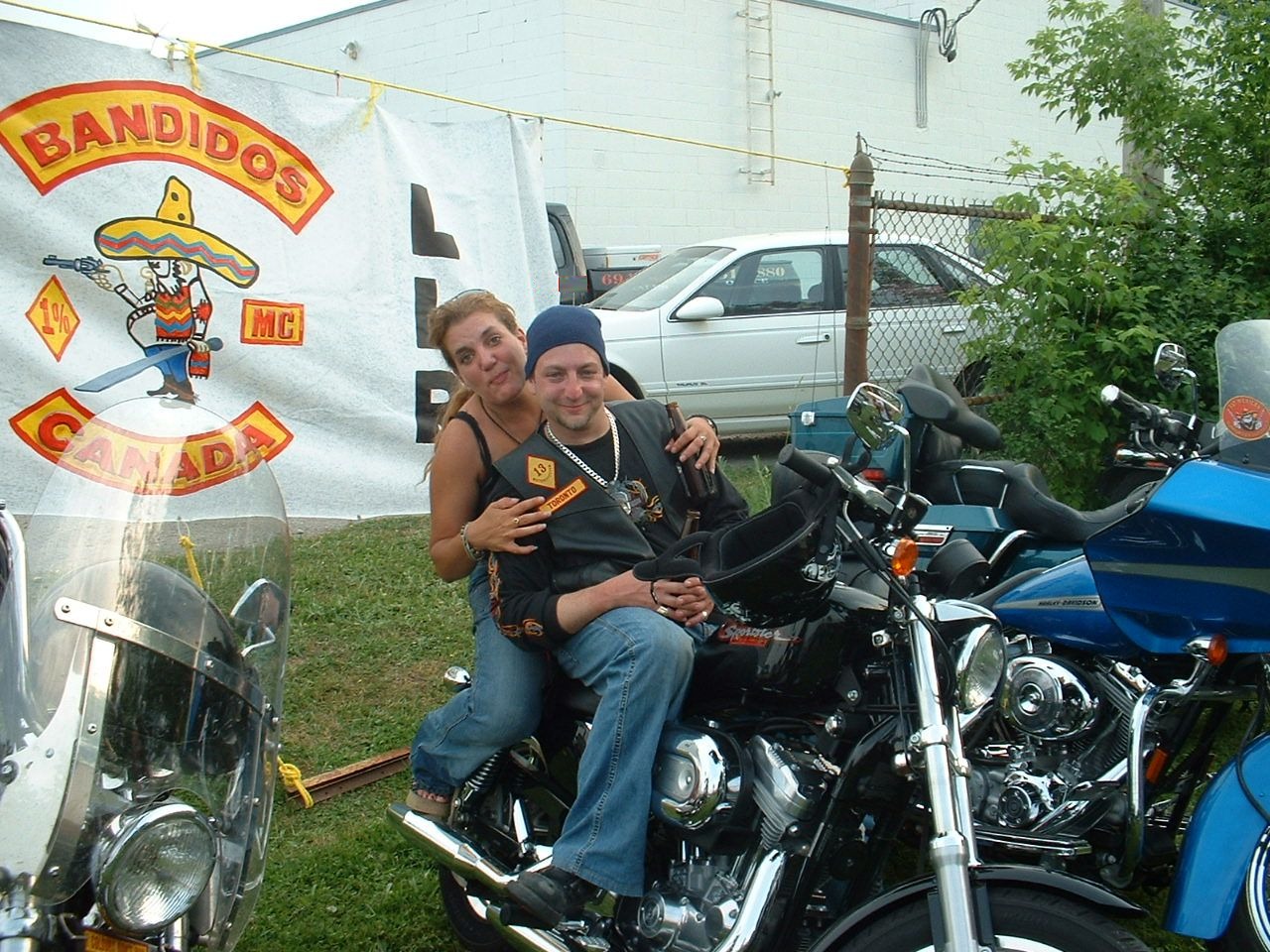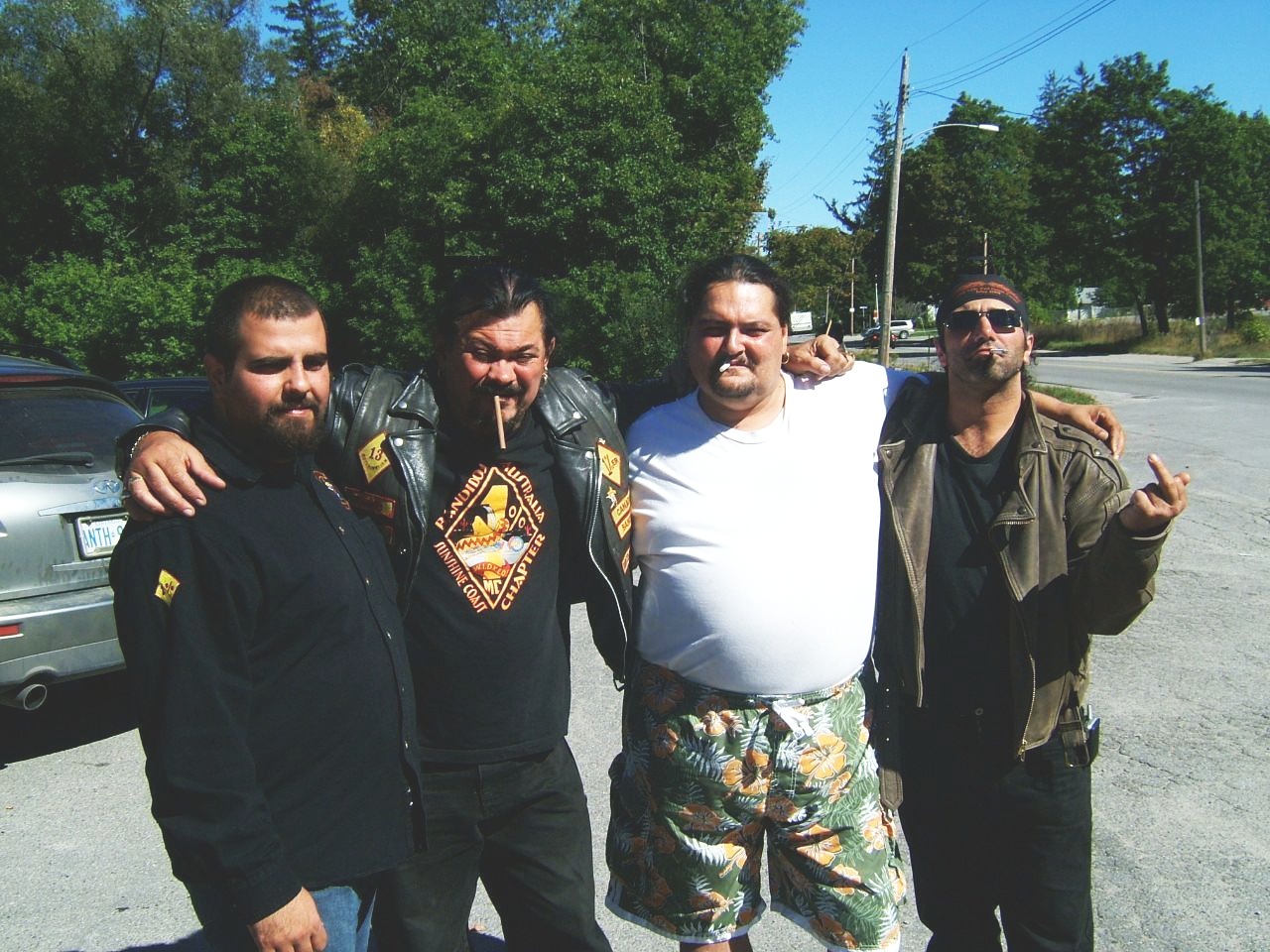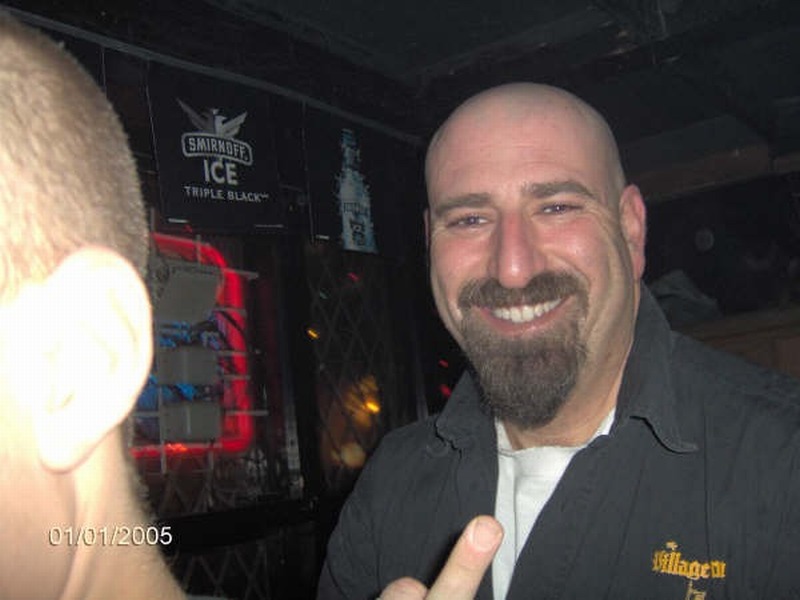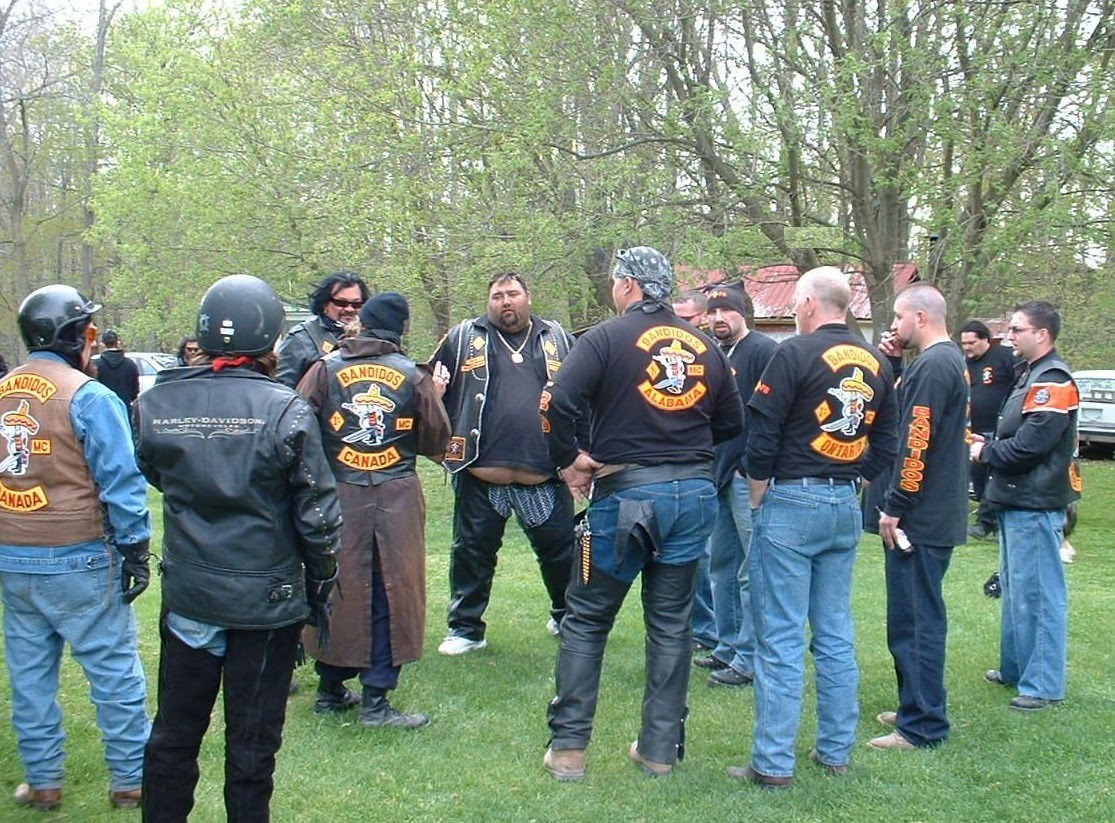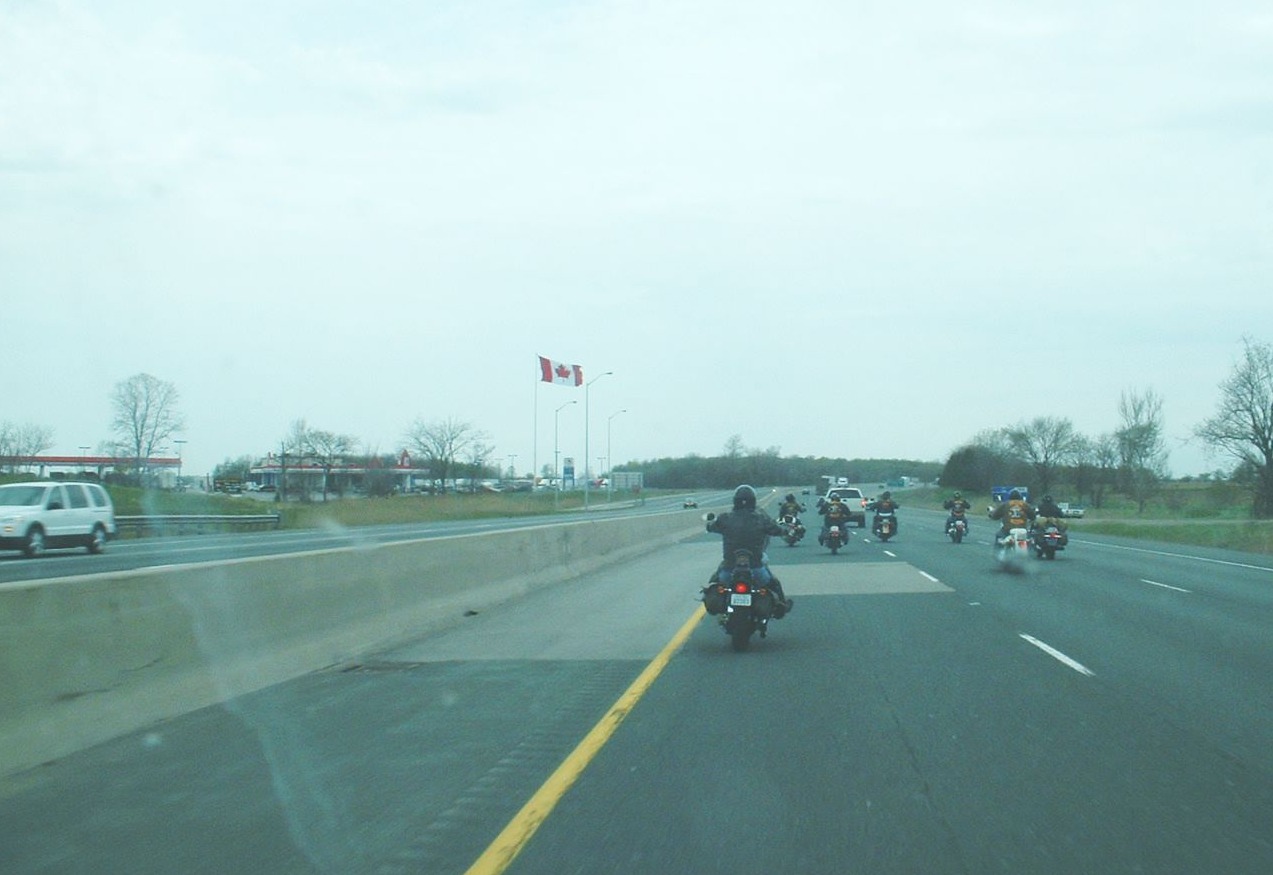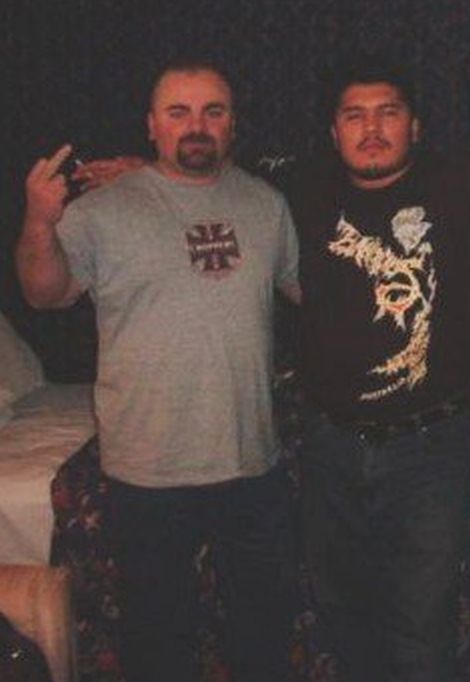BANDIDOS IN CANADA ARE DONE -- FOR NOW (as of Sept 2010 it looks like the Bandidos have recovered & are back In Winnipeg. A Member was seen sweeping out his Driveway wearing a Club T-Shirt)
The eight bodies dumped in Shedden, Ont., were all Bandidos. The primary suspect for their murder is also a Bandido. Although the murders appear to be the result of an internal conflict within the U.S.-based gang, the implications in this country go much further.
With most of its manpower in the morgue or in jail, the Canadian Bandidos have effectively ceased to exist. Although there may officially be some members still lurking in the province, they are unlikely to be able to form any coherent chapter. And, although the Bandidos are the world's second-biggest biker gang, it's going to be very difficult for them to rebuild in Canada. Gangs rely on their credibility to recruit new members and the image of Bandidos killing their own kind won't attract many worthwhile prospects. When the memory of the Shedden massacre fades, the Bandidos may return. But for now, they are gone.
The result is that Ontario -- the most lucrative market for drugs, prostitution and other vice in the country -- now has no effective biker crime organizations other than the Hells Angels. The Bandidos have now joined the Rock Machine, Satan's Choice, Para-Dice Riders, Loners, Vagabonds and dozens of others that have tried to hold onto a piece of the action and either been recruited, pushed out of the way, exterminated or imploded on their own.
Although the virtual elimination of the Bandidos' only Canadian chapter by its own hand may seem nonsensical, it's not unprecedented. To understand why eight bodies showed up in Shedden, it's necessary to understand how bikers work. While being a biker may seem like a glamorous life of freedom and brotherhood to some, it is actually a tortuous life of hard work, rigid obedience and never knowing when or why your own "brothers" will kill you.
On March 24, 1985, the members of the Hells Angels' first Canadian chapter were invited to a party by their brothers-in-arms from the other side of Montreal. As is biker custom, the guests surrendered their weapons as they entered the clubhouse. A few minutes later, most of them were dead. According to police, the chapter in the Montreal suburb of Sorel massacred the chapter from nearby Laval because they were snorting cocaine instead of selling it, costing the entire organization money.
But they missed the man they wanted most. Yves "Apache" Trudeau had served the gang well by murdering 41 people on their behalf. He was the gang's primary weapon in their battle with the upstart Outlaws, but was targeted for death because of his drug use, constant boasting and increasingly random violence. But he didn't attend the party because he was in rehab.
The Sorel bikers made him a deal -- all he had to do was murder two more people and he was free to go. He did, but was arrested on an unrelated weapons charge. In jail, he realized he was still a target and agreed to testify against the gang in exchange for a drastically reduced sentence and government protection. Most of them went to prison.
Years later when prominent Hells Angel Louis "Melou" Roy dared to defy his superiors and sell cocaine for less than their set price, he attended a party and was never seen again.
With the Outlaws out of the way, the Hells Angels declared war on their last remaining rivals in Quebec, the Rock Machine. In a protracted conflict that left more than 160 people dead -- including a few bystanders, two prison guards and an 11-year-old boy -- the Rock Machine were virtually wiped out. The few remaining veterans relocated to Ontario and joined gangs not aligned with the Hells Angels. But when the Hells Angels, under the charismatic leadership of Walter Stadnick, moved in and patched over the majority of Ontario bikers, the desperate remnants of the Rock Machine teamed with a few other independents and joined the Bandidos.
Based in Texas and widespread throughout the southern and western United States as well as Scandinavia, the Bandidos welcomed a chance to establish a beachhead in Ontario's lucrative drug market. It never really took off. With a loose-knit chapter based in Kingston and made up of assorted bikers from all over the province, the Bandidos never wielded much clout here.
But they were, like the Outlaws and Rock Machine before them, an annoyance to the Hells Angels and that made them a target. The primary suspect in the murder, Wayne "Weiner" Kellestine, is a longtime biker who formed his own gang, the Annihilators, in nearby St. Thomas in the 1970s. Later, as most Ontario bikers were choosing sides between the Outlaws and Hells Angels, Kellestine opted for the non-aligned, Toronto-based Loners. While on his way to a friend's wedding in 1999, he was shot at by two Hells Angels prospects but survived. In 2001, when the Hells Angels took over the Loners, Kellestine joined the fledgling Bandidos.
Now he is in jail awaiting trial for the murder of eight men -- six full-patch Bandidos, another a Bandidos prospect and the other a known associate. According to police, this isn't the first time the Bandidos have cleaned house by killing off undesirable members, nor is it something the Hells Angels are above.
But the few Bandidos were the last remaining obstacle to Hell Angels' hegemony in Ontario. While the Hells Angels -- who hastened to proclaim their innocence -- may not have blood on their hands, they can't be too upset about the elimination of what little competition they had left.
Biker sentenced to 3-1/2 years for drug deal
11 years ago

